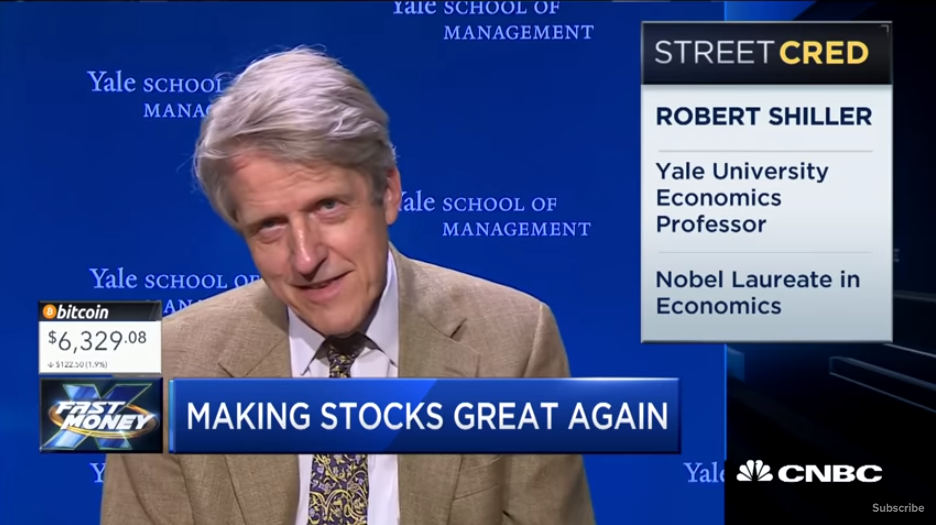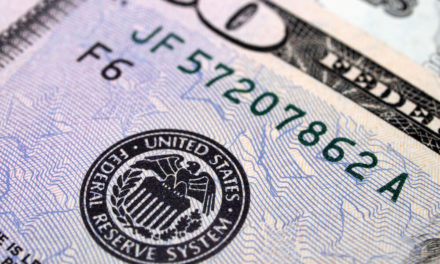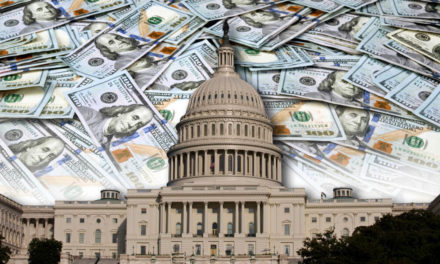Nobel laureate Robert Shiller says if Donald Trump wins a second term in the White House, investors can rejoice because it could prolong the ongoing record bull market and delay a recession.
Shiller, an economics professor at Yale known for his behavioral finance research, said in an interview on CNBC’s “Trading Nation” the president’s pro-business policies will likely resonate on Wall Street for another four years.
“It also seems likely that when Jerome Powell’s term as Fed chairman expires, he’ll bring someone in that he controls more, and bring someone who can stimulate the economy without worrying,” Shiller said. “It’s also that Trump is a model for extravagant living and big spending. All these things are boosting of the stock market.”
A report released over the weekend by Goldman Sachs and highlighted here on Money & Markets on Monday says Trump has a “narrow advantage” heading into the 2020 election, mostly because incumbents have a built-in 5 to 6 percentage point advantage in the popular vote. An economy that bodes well for the country bodes well for Trump’s reelection chances even though he remains wildly unpopular in polling.
Since Trump won the 2016 election, the Dow and S&P 500 have risen 44% and 35%. There have been big corrections along way, namely in February and December of 2018.
Yet Shiller pointed out the subsequent rebounds were encouraging.
“It’s the question of how people look back at the recent correction,” he said. “There’s another narrative that says these things are precursors to a bigger event.”
And that’s where things get dicey, said Shiller, who has compared the current bull market to the excesses of the Roaring ’20s, naming a possible recession as the biggest risk to the market.
Shiller said there is a 50% chance of recession within the next 18 months, citing increasing recession jitters as a sort of self-fulfilling prophecy.
“We’re past the days where we felt very secure. We had very low volatility for a while,” Shiller said. “We’re now in a period where we’ve been shaken. We’re pulling ourselves together and we have to see where it goes from here.”




